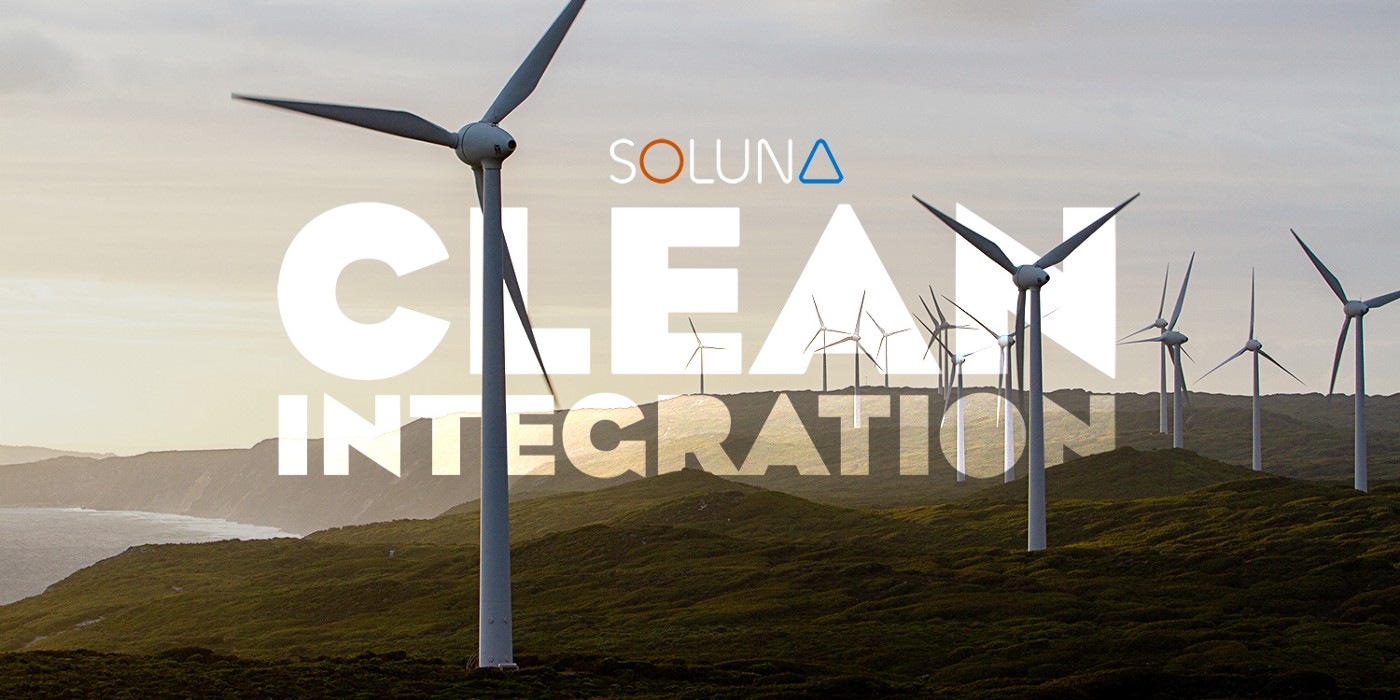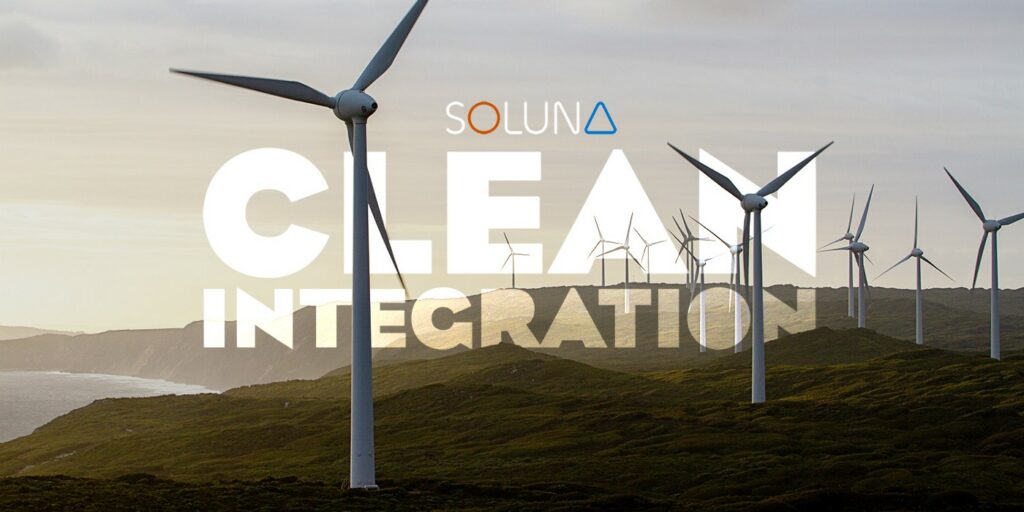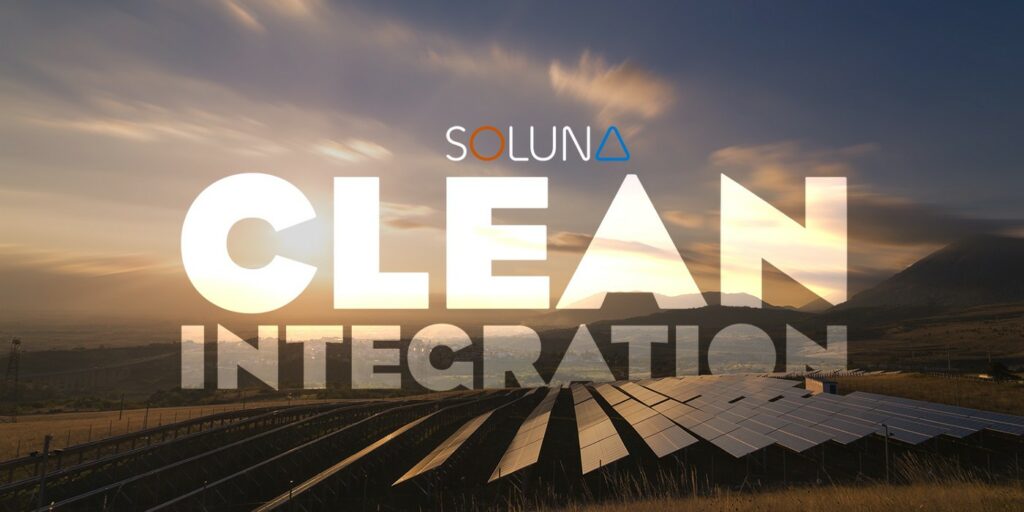The Inflation Reduction Act is at its core a climate bill.
While it does lower prescription drug costs, make healthcare more affordable, and enable the IRS to do its job, the bill is really the single greatest investment — $369 billion — in climate change in U.S. history.
It was signed into law on August 16 of this year and has been great news to the clean energy industry, particularly the electric vehicle market.
But we may not have enough battery manufacturing capacity or lithium supply to fulfill these EVs or storage provisions.
Much of our global lithium refining takes place in China, creating an unnecessarily expensive and time-intensive process.
We are excited to talk to Max Hickey of Li-Cycle in this episode.
Max is the Business Development Manager at Li-Cycle. Li-Cycle has several battery recycling facilities in North America, helping to open a new market and increase our domestic supply of lithium.
Notable Moments:
[3:26] What is the origin of Lithium Ion Batteries?
[7:45] Can you explain to our listeners what Li-Cycle does? What problem is being solved?
[10:49] How is Li-Cycle’s recycling process different? (from what’s currently available)
[16:15] There is a lot of discourse around critical mineral mining; generally, people associate “mining” with environmental destruction. Similarly, Soluna is trying to counter the narrative that crypto is bad for the environment. How is the critical minerals sector handling this? What can be done to counter this narrative? How has Li-Cycle countered this narrative around mineral use = bad?
[23:00] Let’s dig into the Inflation Reduction Act — what does it mean for the lithium market going forward and the uses for lithium such as battery storage, data processing, and EVs?
[25:36] The EV market is growing rapidly, but some consumers are still skeptical about the safety of lithium batteries (i.e. explosions and fires). Does Li-Cycle encounter this narrative a lot? What response do you give?
[29:01] What projects or companies currently use your recycling technology? Who is your primary customer?
[32:42] Do you anticipate a geographic center of the lithium recycling industry? Can you explain to our listeners how this will help diversify the global lithium supply chain?
[35:51] Your company has a significant focus on benefitting host communities. This is also a core tenet of Soluna’s business model. Can you explain more about Li-Cycle’s work there?
[39:02] What do you think of proposed alternatives to lithium batteries, such as green hydrogen or compressed air? Is there space for these different technologies to partner with each other?
LEARN more by visiting Soluna’s NEW Resource Center.
WATCH our latest updates and insights on YouTube.
FOLLOW us on Twitter and LinkedIn to continue the conversation.
LISTEN to our podcast Clean Integration where we cover this topic and many others. Be sure to leave a review and rate us!
SUBSCRIBE to our weekly newsletter.



